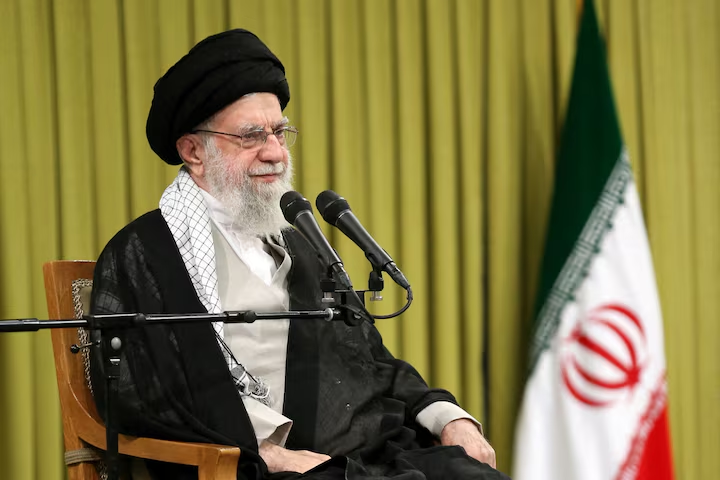South Korea’s newly elected President Lee Jae-myung took office on Tuesday, pledging to revive the country’s faltering economy and hold powerful institutions accountable, signaling a bold liberal shift following five years of conservative rule. Lee, the Democratic Party leader, defeated conservative rival Han Dong-hoon in a closely contested race marked by economic anxieties and political fatigue.
In his inaugural address at the National Assembly in Seoul, Lee vowed to address the growing cost-of-living crisis, expand welfare, and curb what he described as the unchecked power of large corporations and elite interests. “The people have chosen change,” he declared. “I will not shy away from judgment or responsibility.”
Lee’s win marks a political comeback after his narrow defeat in the 2022 presidential race. This time, public frustration over income inequality, youth unemployment, and high household debt played heavily in his favor. His campaign focused on a more inclusive economic strategy and a break from policies he criticized as favoring the wealthy.
Promising a “people-centered” economy, Lee outlined plans to boost public housing, expand social safety nets, and invest in green technology. He said his administration would revise unfair tax policies and restrain the influence of South Korea’s chaebols—family-run conglomerates that dominate much of the economy. Lee also pledged to review deregulation efforts introduced under his predecessor, Yoon Suk-yeol.
In a notable shift from the conservative government’s stance, Lee emphasized the importance of holding those in power accountable. Without naming names, he referred to past abuses of authority, vowing to pursue justice even if it meant investigating powerful figures or institutions. “There can be no economic democracy without political fairness,” he stated.
Internationally, Lee signaled a desire to recalibrate South Korea’s diplomatic posture. While affirming the country’s alliance with the United States, he hinted at restoring inter-Korean engagement efforts. “Dialogue is not weakness—it is strategy,” Lee said, referencing his intent to pursue peace and mutual prosperity on the Korean Peninsula. However, he also emphasized national security and a firm response to provocations from North Korea.
The new president inherits a divided political landscape. Despite his win, Lee’s Democratic Party does not hold a commanding parliamentary majority, which could complicate the passage of his ambitious reform agenda. Opposition parties, including Han’s conservative People Power Party, have already signaled resistance to several of Lee’s proposals.
Lee’s critics argue that his economic vision may burden the state budget and deter investment. Others question whether his administration will be able to deliver on promises of transparency, citing previous legal controversies surrounding Lee. He has denied any wrongdoing.
In his speech, Lee acknowledged the challenges ahead but remained resolute. “We will not be able to solve everything at once, but I will take the first step with courage and sincerity,” he said.
The swearing-in ceremony was attended by top political figures, foreign diplomats, and members of the public. As Lee begins his five-year term, his leadership will be closely watched both at home and abroad, with analysts noting that his presidency could reshape South Korea’s political and economic direction.
His early actions in office are expected to focus on economic relief measures and assembling a cabinet aligned with his progressive platform. The coming weeks will reveal how effectively Lee can translate his campaign promises into actionable policy amid economic headwinds and political opposition.
Source; Reuters



